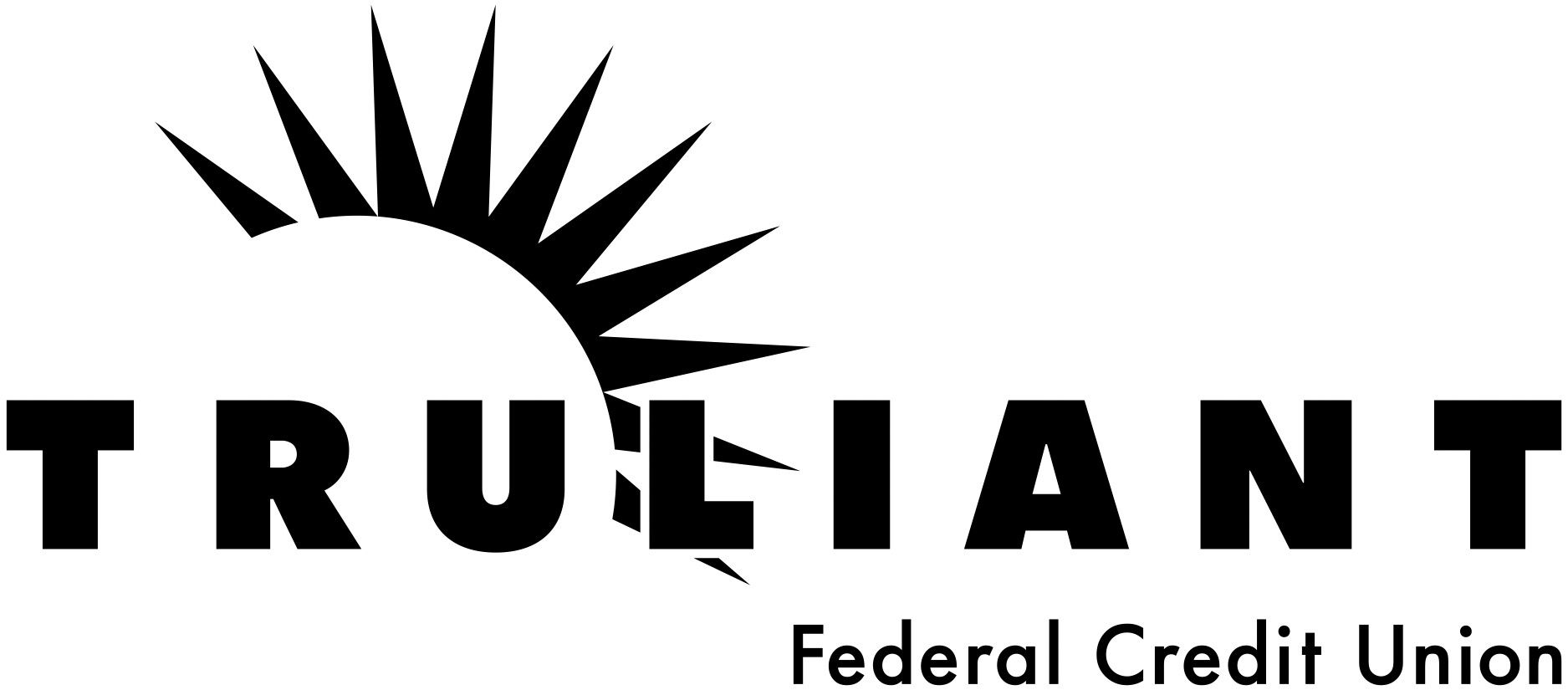Should I Build a House or Buy an Existing Home?

Buying vs. Building a House — Which One Is Better?
There are pros and cons to building a house, and to buying an existing home.For buyers considering both, there are lots of factors to take into consideration, cost to build a house, neighborhoods, future value, maintenance and renovations. With the same mortgage products available for new and existing homes, the choice comes down to what works best for you and your homeownership needs.
Buying an Existing Property
Buying an existing property offers two main benefits: cost and convenience. It takes months to build a house from the ground up, sometimes more depending on the project's scale and complexity. While it can take months to find the right property, this route to homeownership proves to be less time consuming and less labor intensive than building a house from scratch.
A qualified real estate agent can help further expedite the process of buying an existing home through rigorous filtering of property listings, mediating negotiations, and the handling of paperwork. Once an offer is accepted by a home seller, you can close on the deal and move in a month or two after all the paperwork has been finalized.
Despite a process that includes financing, visiting prospective houses in person, making offers, and inspecting the residence for any defects, buying an existing home is still a more convenient option because the new homeowners can move in relatively quickly.
Cost is another pro of buying a house rather than building one. While not in all cases, it's usually cheaper to buy an existing property, according to a report by the National Association of Home Builders. You can use a mortgage calculator to get a more accurate idea of the total costs of acquiring a property based on current market interest rates.
Building a Property
Building a house from scratch is far from a weekend project. Nonetheless, what this option lacks in speed it makes up for in customization. If you've had a mental picture of your dream home, you know detail is everything. Building a house allows for exactly that as you get to design and select every feature down to the last lighting fixture and doorknob.
This greater degree of freedom to customize opens up the opportunity to design a more efficient household that meets new energy standards. Increased energy efficiency means lower utility costs each month.
Many experts can also argue that the cost to build a house, can be as cost-effective as buying an existing property. Aside from energy-efficient appliances that yield cost savings on your monthly utility bills, building your house also means fewer repairs and less frequent maintenance each year.
Since you have full control of how big or small the project is, you can tailor it to suit your budget and financing options. This flexibility extends beyond the project's scale since you can choose how quickly you want the house to be finished based on your budget. Many builders allow you to pay by milestone rather than just one lump sum.
Factors to Consider:
1. Length of Occupancy
How much time are you looking to occupy the house? If you're planning to move out of it within 10 years' time, experts say it makes sense to buy rather than build a house.
2. Cost
As mentioned earlier, buying an existing property comes out relatively cheaper than building one. Nonetheless, there are many constantly changing factors that must be considered. For instance, cost of labor, materials, and loan interest rates can vary depending on the economic climate.
3. Location
Location is another key factor when determining whether you should buy or build a house. Residential properties in metropolitan areas tend to be priced higher than those located in the countryside or rural areas. If you're building a home, expect to pay more for permits in heavily populated areas.
4. Timeline
Some prospecting homeowners don't have the time to wait for a six- to 12-month construction project to finish. If you're working with a tight schedule, consult with an architect or a structural engineer to get an idea of how long a project will take.
Regardless of which option you choose, Truliant Federal Credit Union can help you finance the construction or purchase of your property with our low-interest and highly competitive loans. Find out more by visiting a Truliant location near you, or by giving us a call at 800.822.0382.







